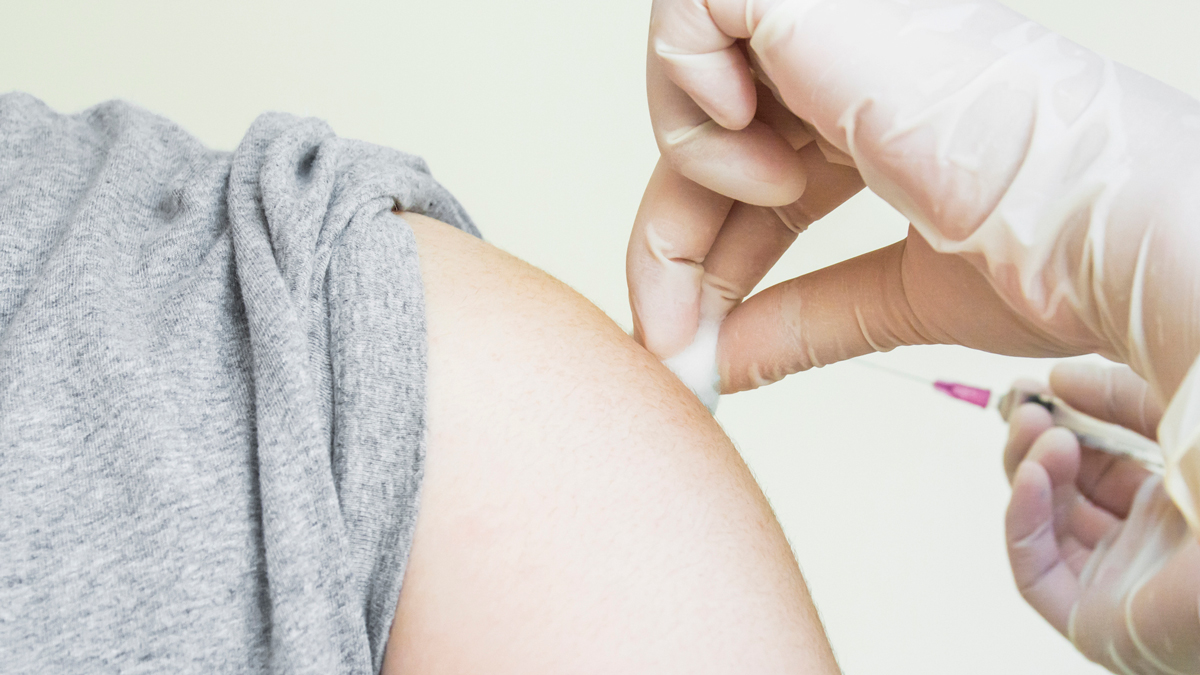Sanofi/GSK move latecomer COVID-19 shot into phase 3

Sanofi and GlaxoSmithKline seem to be getting somewhere with their COVID-19 vaccine at last, announcing plans to move to phase 3 following supportive mid-stage trial results.
In a statement the companies said that if the late-stage trial and regulatory reviews go well, the vaccine is expected to be approved in the fourth quarter of this year.
The two vaccine giants are lagging behind rivals like Moderna and Pfizer/BioNTech after Sanofi had to reformulate the vaccine component of the shot, which uses GSK’s adjuvant technology to boost its immune response.
After a comparatively slow start compared with the speedy response from other vaccine firms, the project hit a major speed-bump when interim phase 1/2 trial results showed the vaccine produced a lower immune response in older adults.
In February the companies began a new phase 2 trial of the vaccine based around a recombinant protein and top-line results are now in.
Results from 722 volunteers show a strong immune response in all adult groups and a global phase 3 study is expected to start within three weeks.
The companies said the immune response was still strongest in younger adults aged 18-59 years old, with “acceptable” tolerability and no safety concerns.
Overall, the vaccine candidate produced “strong” neutralising antibody levels that were comparable to those generated by natural infection, Sanofi said in a statement.
After a single injection, high neutralising antibody levels were seen in people with evidence of previous SARS-CoV-2 infection, suggesting it could be used as a booster vaccine.
The phase 3 trial is expected to enrol more than 35,000 adult participants from a broad range of countries and will assess the efficacy of two vaccine formulations including the D614 (Wuhan) and B.1.351 (South African) variants.
In parallel, the companies intend to conduct booster studies with various variant formulations in order to assess the ability of a lower dose of the vaccine to generate a strong booster response regardless of the initial vaccine platform received.












